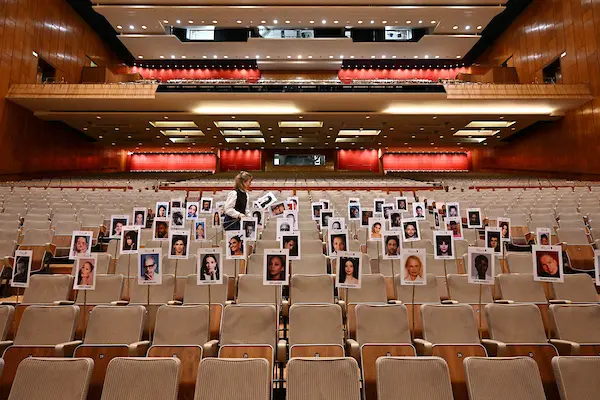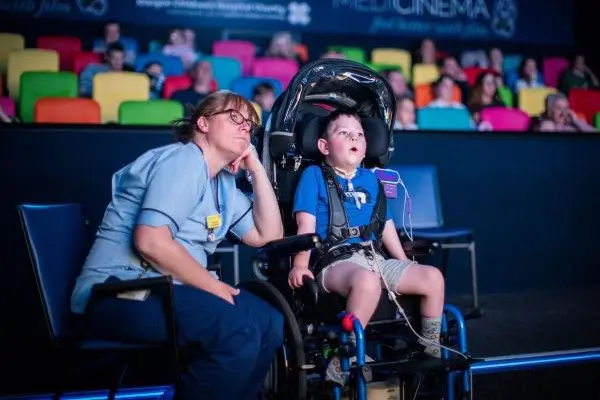The British Academy of Film and Television Arts has today confirmed its new eligibility requirement for the British film categories at the EE British Academy Film Awards in 2019.
First announced in 2016 following consultation with the BFI and a range of industry professionals, all entries into two British film categories – Outstanding British Film and Outstanding Debut by a British Writer, Director or Producer – will now be required to meet at least two of the four BFI Diversity Standards, as BAFTA continues to take a leading role in increasing diversity in front of and behind the camera.
Marc Samuelson, Chair of BAFTA’s Film Committee, said: “I am immensely proud of BAFTAs commitment to diversity across all its activities which support an open, accessible and inclusive industry. By embracing these standards for awards recognition we can build on the work already being done to improve representation, whilst maintaining BAFTAs standards of excellence for British film.”
Amanda Nevill, CEO of the BFI, said: “Following a successful pilot we’re delighted BAFTA is formally incorporating this eligibility criteria – it demonstrates our shared commitment to creating a more representative UK industry. We want to encourage, educate and support the industry to embed the Diversity Standards across all decision making, which will bring real and lasting change needed to allow the UK’s screen industries to benefit from the cultural and commercial benefits that real inclusion brings.”
The BFI Diversity Standards are a framework for measuring inclusion and representation. Designed in consultation with the film industry, they encourage everyone across the film value chain, particularly filmmakers, producers and distributors, to make meaningful changes to their projects to become more inclusive and as a result opening up more opportunities for people from all walks of life to watch and make films.
In adopting the BFI Diversity Standards within its rules for the EE British Academy Film Awards, BAFTA intends to encourage a more representative and inclusive UK film industry.
The Standards focus on under-represented groups across four areas:
A: On-screen representation, themes & narratives
B: Project leadership & creative practitioners
C: Industry access & opportunities
D: Opportunities for diversity in audience development
From 2019, entries for Outstanding British Film and Outstanding Debut by a British Writer, Director or Producer will be accepted if they can demonstrate their film has addressed and improved inclusion and representation in at least two of these areas.
The areas of under-representation the Standards address are all the protected characteristics from the Equality Act 2010, as they pertain to the act. These are gender, gender identity, age, carers (including working parents), pregnancy/maternity, disability, race/ethnicity, religion or belief, sexual orientation and marriage/civil partnerships. The Standards also seek to address under-representation of people from lower socio-economic groups and ensure wide regional participation.
For more on the standards go to Bfi.org.uk/about-bfi/policy-strategy/diversity/diversity-standards
The rules and guidelines for the EE British Academy Film Awards in 2019 will be published at awards.bafta.org/entry in August 2018.
Notes to entrants
Anyone with a UK film project at any stage of development and production is strongly recommended to engage with the Standards as soon as possible and consider what changes can be made to meet as many of the Standards’ criteria as possible. The earlier inclusion and representation are considered in the lifecycle of a project, the easier it will be to meet the Standards and create more representative work.
BAFTA and the BFI aim to support film-makers in making these changes and a number of roundtables and workshops will be held over the coming months. This support is underpinned by the BFI’s ongoing skills and talent development strategies which aim to open up opportunities to everyone across the UK, regardless of their background or where they live, to ensure the UK industry has a strong and representative pipeline of talent to work on or lead projects.
For queries about BAFTA Awards rules and processes please contact [email protected].
For further information:
Vicky Grayson at freuds
T: 020 3003 6327
E: [email protected]














